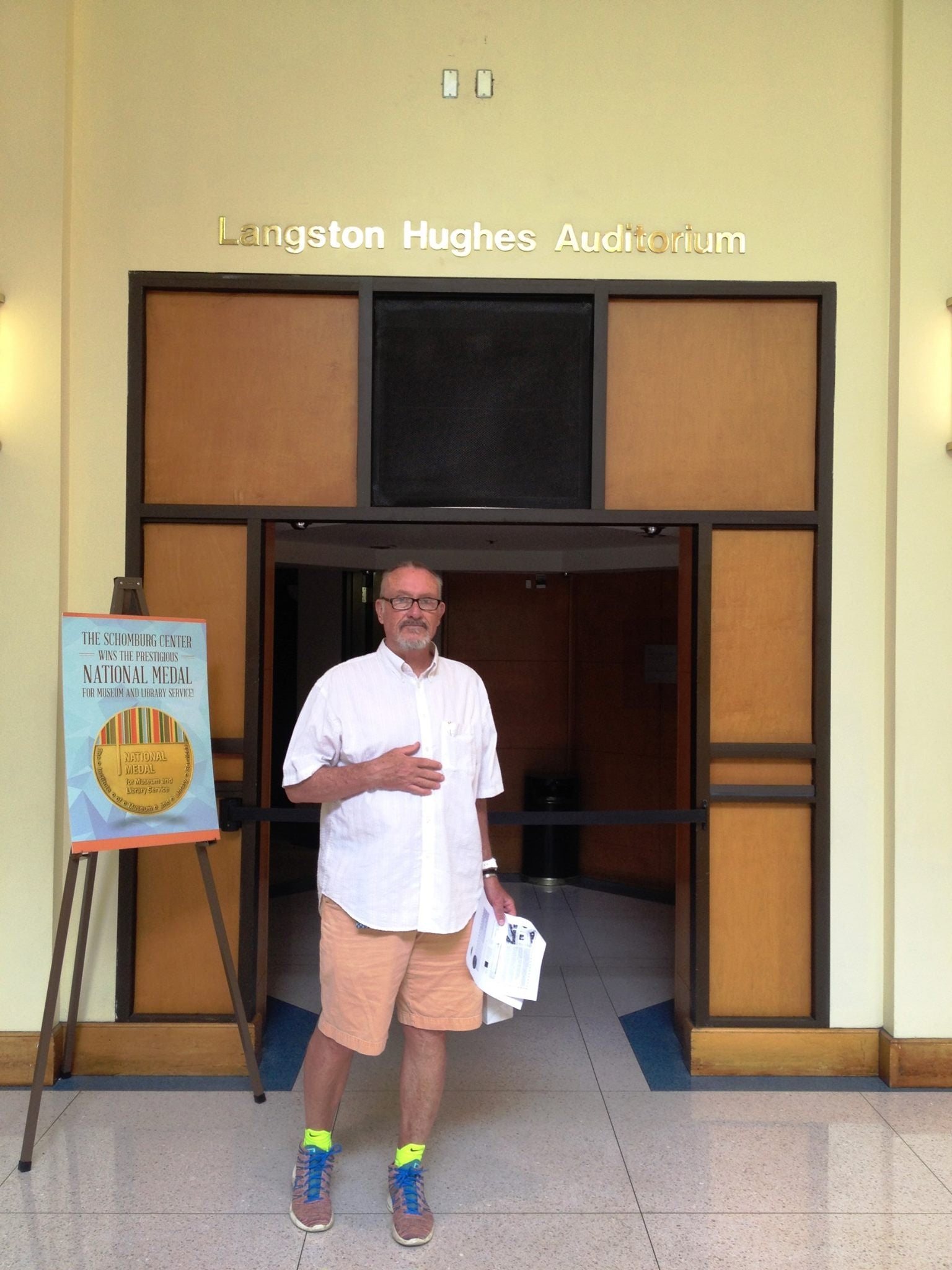Modern Politics: A Colony in a Nation, Chris Hayes
Published: 2017, 256 pages
Richard Nixon identified the problem America faced in 1968 as fundamentally a lack of order. And really who—black or white—can be against order? Who can stand against tranquility? Part of the genius of the rhetoric of law and order is that as a principle (rather than a practice), it can be sold as the ultimate call for equality: We all deserve the law. We all deserve order. All lives matter.
But even if the rhetoric of order is the most enduring legacy of Nixon’s 1968 convention speech, that’s not, to my mind, the speech’s most important theme. Nixon understood that black demands for equality had to be acknowledged and given their rhetorical due. He promised “a new policy for peace and progress and justice at home,” and pledged that his new attorney general would “be an active belligerent against the loan sharks and the numbers racketeers that rob the urban poor in our cities.” “And let us build bridges, my friends,” he offered, “build bridges to human dignity across that gulf that separates black America from white America. Black Americans, no more than white Americans, they do not want more government programs which perpetuate dependency. They don’t want to be a colony in a nation.”
A colony in a nation. (29)
Dialectic Journal/Lesson Plans: 31 pages, 10,519 words. images
Share
Mr. Brovsky's Vault
To thine own self. be true.

Mr. Brovsky's Vault is filled with Secondary (10-12) Lesson plans for year-long and semester classes in the Humanities.


